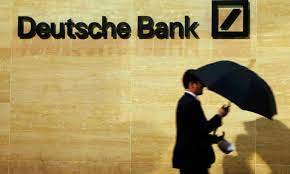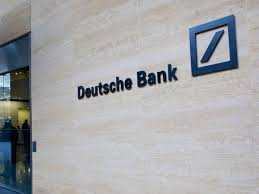DOJ Loses Another Libor-Rigging Case on Appeal

The Justice Department trumpeted its criminal prosecutions against defendants charged with Libor-rigging. It had a right to toot its own horn. But many of these convictions have not withstood the scrutiny of appellate courts.
Recently, the US Court of Appeals for the Second Circuit, in United States v. Connolly, reversed the criminal convictions of Matthew Connolly and Gavin Black. Interestingly, the Second Circuit panel rejected the lengthy opinion of the District Judge (the Chief Judge) who denied the defendant’s motions for a new trial.
In reversing the criminal convictions, the Second Circuit three-judge panel unanimously ruled that the evidence adduced at trial was insufficient to prove that the defendants made false statements to advance a scheme to defraud banks and benefit the bank’s derivatives traders’ positions. Connolly and Black were sentenced to home confinement and the United States cross-appealed to request harsher sentences for the two defendants. The Second Circuit dismissed the U.S. cross-appeal as moot.

DOJ prosecutors built their case against the two Deutsche Bank traders through the testimony of four cooperating co-conspirators who testified at trial that they altered the Libor submissions in response to pressure from the two traders. The co-conspirators testified that they knew what they were doing was “wrong.” Nonetheless, the Second Circuit Court ruled that these admissions were insufficient to prove that the alterations to the submissions resulted in “false” submissions or violated Libor submission rules. In its ruling, the Second Circuit Court cited the subjective factors that were included in the analysis by the submitters and the calculation of daily lending estimates.
The Court noted that the federal wire and mail fraud statutes “are not catch-all laws designed to punish all acts of wrongdoing or dishonorable practices.” The Court’s decision has drawn criticism since the government cited specific evidence that the submissions resulted in lower rates than might otherwise have occurred in response to the defendants’ pressure tactics. The Second Circuit Court went out of its way to reach the result reversing the convictions and the logic underlying its analysis is dubious.
The Second Circuit Court has reversed other convictions for rigging Libor rates. In 2017, the Second Circuit reversed convictions against two Rabobank employees, citing different reasons than those cited in the Connolly and Black cases.

Several large banks, including Deutsche Bank, reached large and costly settlement agreements with DOJ surrounding Libor manipulation allegations. A number of individuals plead guilty to fraud and antitrust offenses for manipulating Libor rates.
The evidence established that the submitted rates were manipulated in response to trader requests based on large trader positions in the derivatives market. The Second Circuit appears to suggest that even when false information is submitted, the government would have to establish that the eventual Libor rate was “false” or inaccurate as well. That appears to be an insurmountable burden to meet.
The Department of Justice is likely to request rehearing from the full Second Circuit but the likelihood of success is relatively slim.
DOJ issued a statement in response to the ruling that its “unwavering commitment to prosecuting individuals and corporations responsible for white collar crimes is unchanged.”















